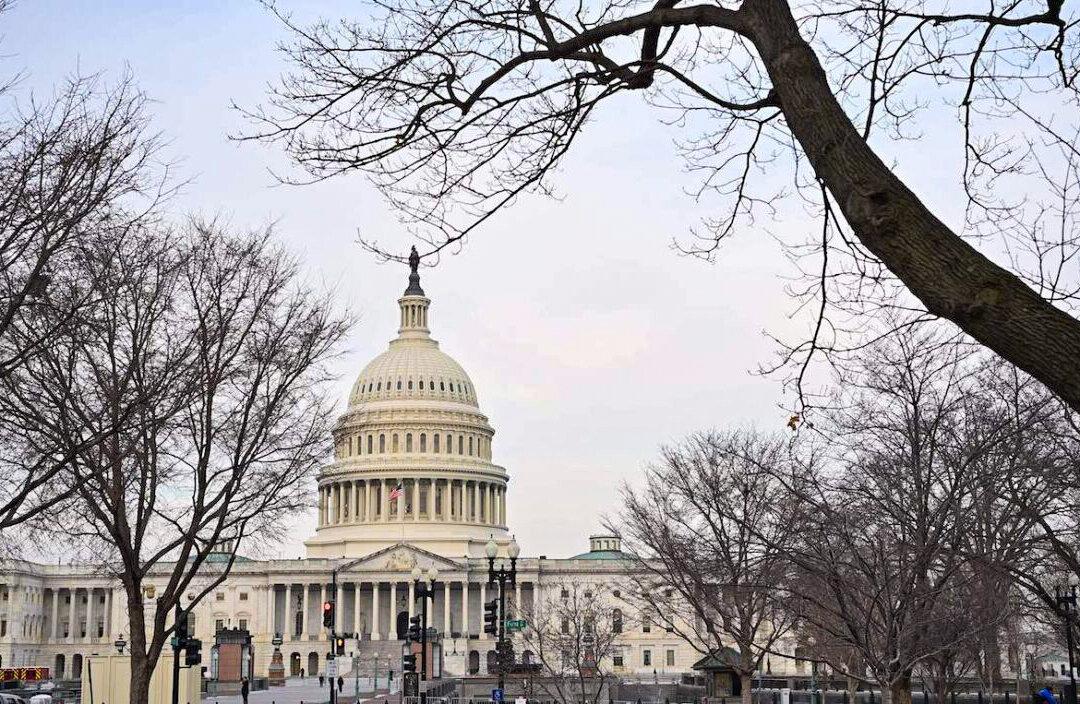The House on June 8 voted to pass several bills including the “Protecting Our Kids” Act, a Democrat-sponsored omnibus package of gun control legislation. The bill will now head to the Senate, where it is all but doomed to fail to overcome the 60-vote filibuster threshold.
The final vote on the bill in the Democrat-majority chamber was preceded by a series of motions to retain various sections of the legislation; each section was ultimately retained, and the House voted 223-204 to pass the legislation to the Senate. Five Republicans voted for the bill and two Democrats voted against it.





